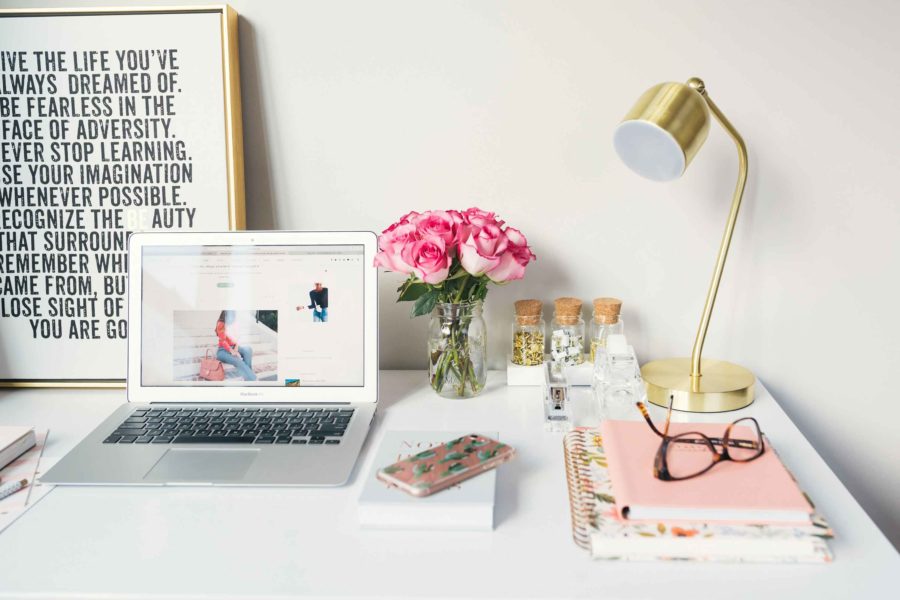Thanks to Netflix’s introduction of Marie Kondo’s Japanese decluttering method to mainstream vernacular (#KonMariMethod, anyone?), more and more Americans are re-examining their accumulation of stuff and the havoc it can wreak on their homes and, by extension, their wellbeing.
Professional organizer Rhea Becker, aka The Clutter Queen, has been helping clients in the Greater Boston area eliminate their clutter for over 15 years, and she has seen firsthand how it can affect us.
“I always meet people who are overwhelmed, anxious and sometimes depressed,” says Becker. “They feel confused because they have so much to keep track of. A cluttered environment can lead to a cluttered brain.”
Becker also says for some of her clients, their disorderly and crowded homes prevent them from having successful romantic relationships.
A 2014 study conducted by Catherine Roster, a professor at the University of Mexico, examined how clutter affected a sampling of 1,500 adults and their perception of satisfaction with life. The study concluded that when clutter “… becomes excessive, it can threaten to physically and psychologically entrap a person in dysfunctional home environments, which contributes to personal distress.”
Additionally, 2011 study conducted by neuroscientists at Princeton University observed, “multiple stimuli present in the visual field at the same time compete for neural representation by mutually suppressing their evoked activity throughout [the] visual cortex.”
In other words, physical clutter in our environment is constantly competing for our attention, distracting us from completing tasks and affecting performance and productivity.
Clutter can even affect how well we sleep, according to a 2015 study by psychology professor Pamela Thacher and then-student Alexis Reinheimer at St. Lawrence University. They found that individuals who were at risk for hoarding disorder also reported having trouble falling and staying asleep more frequently than those who were not at risk for hoarding disorder.
Ready to clear out the clutter in your home and in your life? Start with these tips:
Declutter First, Organize Later
Becker says, “When I first talk with a client, they tend to ask me, ‘what storage solutions should I buy?’ and I go, ‘Woah, slow down.’ Once we go through everything you own, making decisions on what you do or don’t need, you’re left with a lot less stuff than before.”
“Storing and organizing is the last step,” she says. “You don’t know what you’re going to organize until you see what you have left after decluttering.”
Instant Closet Space
Becker says one way to gain more closet space is to get rid of unnecessary clothes hangers. “Most people have multiple empty hangers between all their clothes,” says Becker. “By removing extra hangers and dry cleaner bags, you can gain sometimes a foot more of hanging space.”
Discard the majority of hangers you don’t use and use the amount of hangers you own to keep your wardrobe minimal. You might be less likely to buy more clothes if you don’t have hangers for them.
Prevent Paper Buildup
“A lot of people bring in their mail every day but don’t really deal with it,” says Becker. “Next time you bring your mail in, have a recycling or waste basket conveniently next to you and go through your pile, immediately discarding what you don’t need. Make this a daily habit if you can.”
Another thing that tends to pile up in homes are business cards. Becker recommends if you have a contact number that you think would be useful to keep, your kids’ tutor for example, enter their information on your phone or on a Google doc and recycle the card.
Keep paperwork such as utility bills, tax paperwork and healthcare information in a simple filing system either a multi-pocket folder or cabinet.



 3 min read
3 min read
